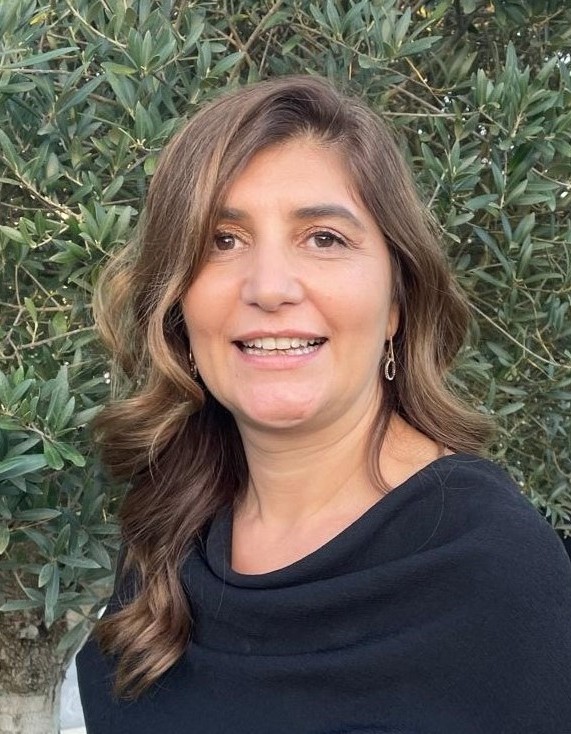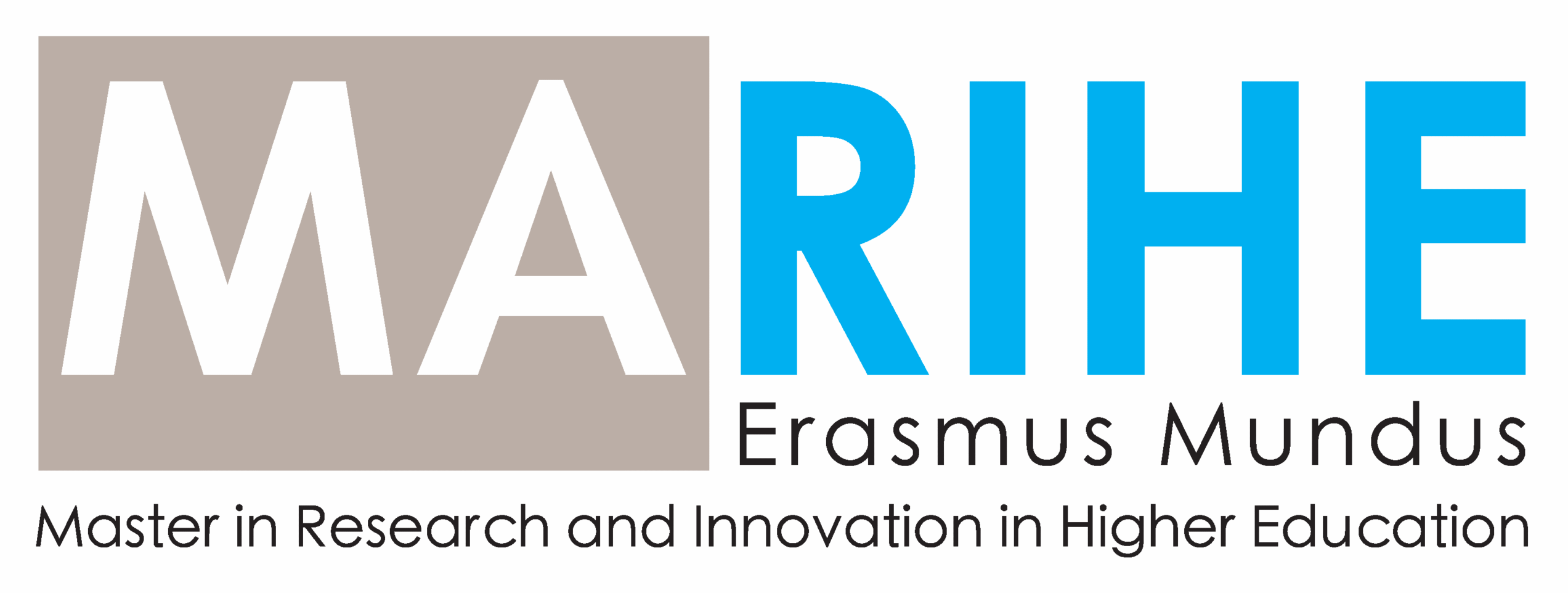University of Aveiro, Portugal
The University of Aveiro (UAveiro) is a young university, founded in 1973, with more than 16,000 full-time students, enrolled in 55 undergraduate degrees, 85 master degrees and 52 PhD degrees. The academic community further comprises around 1,800 teaching staff and researchers, and around 900 technical, administrative and managerial staff. The University has a strong research profile, a unique model of governance (16 Departments, 4 Polytechnic Schools and various training centres), acting as a regional network for education and training while promoting strong links with the surrounding community, and is a pioneer in launching degrees in new subject areas. The BMD (Bachelor, Master, Doctorate) structure is fully implemented and learning outcomes are introduced.
The University has been a member of the European Consortium of Innovative Universities, the ECIU, since 1998 as well as several other international university networks of excellence and, since 2019, a member of the ECIU University under the EU Universities initiative. UAveiro also runs several joint doctoral programmes with other Portuguese Universities and is one of the Portuguese institutions participating in the programme of collaboration between Portugal and Carnegie Mellon University for the development of postgraduate programmes and research in the field of ICT. At the same time, the development of a Creative Science Park off campus is an example of the way in which the university has encouraged both innovation and commercialization linked to research. It has also provided resources for its research policy through funding and the provision of high-quality researchers and researcher mobility. UAveiro has participated in the Erasmus Programme since 1987, having coordinated projects of most actions while participating in Erasmus Mundus joint master courses in several fields.
With a modern and prestigious architecture, with 125 buildings distributed around 105 hectares, its organization and matrix structure, encompassing the university and polytechnic subsystems, stimulates interdisciplinarity, knowledge exchange and cross-contamination between knowledge fields, promoting a useful proximity between teaching and research, which is very appealing both for national and international students.
At UA, the MARIHE program is hosted by the Department of Social, Political and Territorial Sciences (DCSPT) and the Center for Research in Higher Education Policies (CIPES). The DCSPT is structured around three major areas of knowledge – social sciences, political science and territorial sciences – which, in turn, integrate a wide range of fields. The inherent multidisciplinarity is reflected in the department’s scientific production, which covers a diversity of subjects.
CIPES was established in 1998 and from the outset its mission has been to engage in scholarly research in order to advance critical thought and promote informed understanding about the vital policy issues confronting higher education at both the national and international arenas. The breadth and depth of projects and publications encompasses the major higher education policy issues and reflects the wide diversity of academic backgrounds of the researchers at the Centre. Since its inception, CIPES has considered the internationalization of its activities as a central aspect of its development, and is nowadays an active partner in various research projects in the field of higher education policies, in Europe and in the world. CIPES has been participating actively in international research projects, and it is usual for its researchers to participate in international conferences and to publish in relevant international journals in the field. CIPES has always committed with the organization of several seminars and international conference in a diversity of research themes, with the objective of raising the knowledge of its research groups, as well as attaining a higher degree of international visibility. Nowadays, CIPES is organized around three main research themes: i) System Level Policies, ii) Institutional and Organizational Analysis and iii) Economic and Social Relevance of Higher Education.

Professor Teresa Carvalho
Coordinator of the Center for Research in Higher Education Policies (CIPES) at UA, and MARIHE Academic Director at the University of Aveiro, teresa.carvalho@ua.pt
